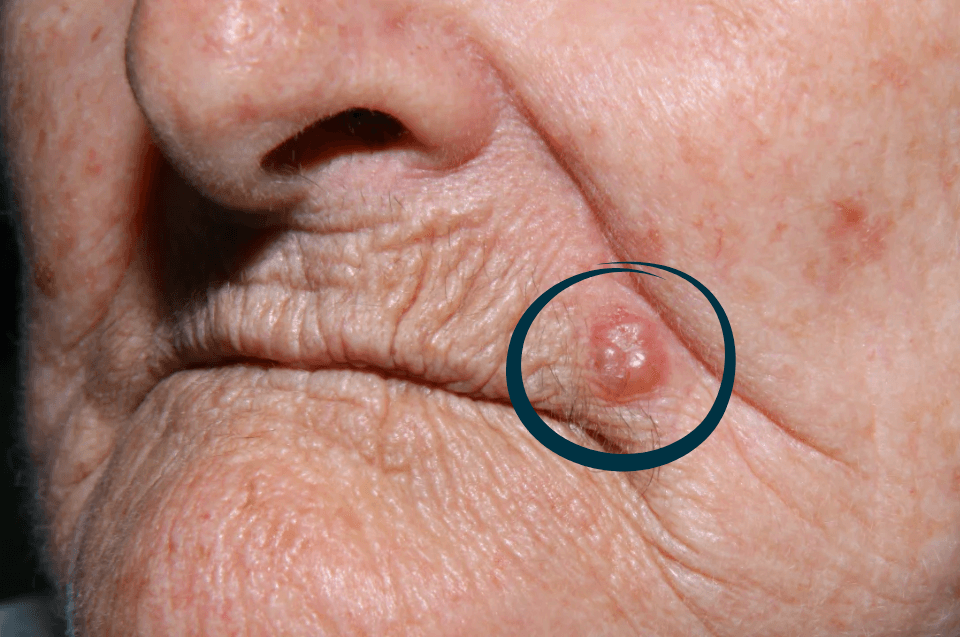Obsessive-Compulsive Disorder, better known as OCD, is a mental health condition that affects millions of people worldwide. It is characterized by the presence of obsessions (unwanted thoughts, images, or impulses that trigger intense anxiety) and compulsions (repetitive behaviors or rituals performed to relieve that anxiety).
Although often associated with excessive cleaning or over-organization, OCD is far more complex and can appear in many different ways, significantly impacting a person’s quality of life and social relationships.
What is OCD?
OCD is a chronic anxiety disorder in which a person becomes trapped in a cycle of obsessions and compulsions. These thoughts and behaviors are not voluntary, and individuals with OCD often recognize them as excessive or irrational, but still find it extremely difficult to control them.
The disorder can range from mild to severely disabling, depending on the intensity of symptoms.
Symptoms of OCD
OCD symptoms are usually divided into two main categories:
Obsessions
Intrusive thoughts about contamination, dirt, or germs
Intense fear of harming oneself or others
Constant doubts (“Did I lock the door?” “Did I turn off the stove?”)
Disturbing or violent mental images
Need for symmetry, order, or perfection
Compulsions
Washing hands repeatedly
Checking doors, windows, or appliances multiple times
Organizing objects in exact or symmetrical order
Counting or repeating words, phrases, or actions until it “feels right”
Performing mental rituals to neutralize unwanted thoughts
These symptoms often consume significant time (more than an hour per day) and interfere with a person’s routine, studies, work, and social life.
Causes of OCD
The exact causes of OCD are not fully understood, but research points to a combination of factors:
Genetics: people with family members who have OCD are at higher risk
Brain changes: differences in brain areas related to impulse control and anxiety processing
Neurochemistry: imbalance of neurotransmitters such as serotonin may play a role
Environmental factors: severe stress, trauma, or even infections may trigger or worsen symptoms
Diagnosis
OCD diagnosis is clinical and made by psychiatrists or psychologists through interviews and observation of symptoms. For diagnosis to be confirmed, symptoms must be recurrent, cause significant distress, and interfere with daily functioning.
In some cases, additional tests may be done to rule out other medical conditions.
Treatment of OCD
Although chronic, OCD can be successfully treated. Treatment usually combines:
Psychotherapy: Cognitive Behavioral Therapy (CBT), especially Exposure and Response Prevention (ERP), is the most effective approach
Medication: antidepressants from the SSRI class (such as fluoxetine, sertraline, and escitalopram) help regulate neurotransmitters involved in OCD
Lifestyle changes: practices such as meditation, regular exercise, and good sleep hygiene may help reduce symptom intensity
Advanced treatments: in resistant cases, transcranial magnetic stimulation (TMS) or deep brain stimulation are being studied as alternatives
Continuous medical follow-up is essential, as premature treatment interruption often leads to recurrence of symptoms.
Myths, Curiosities, and Scientific Advances about OCD
❌ Myth: “OCD is just a cleaning habit.”
➝ In reality, OCD can take many forms: fear of contamination, obsession with symmetry, compulsive checking, or intrusive aggressive/sexual thoughts.❌ Myth: “Everyone has a little OCD.”
➝ While it’s common for people to enjoy order or have repetitive habits, OCD is a serious clinical disorder that causes real suffering and impairment.🧪 Scientific advances: Recent studies are exploring the genetic basis of OCD, identifying genes linked to serotonin and dopamine regulation. New medications and neuromodulation techniques also offer hope for treatment-resistant cases.
💡 Curiosity: OCD is one of the most portrayed mental health conditions in movies and TV shows—but often in a stereotypical way. While this increases awareness, it can reinforce misconceptions and oversimplifications.
Final Considerations
Obsessive-Compulsive Disorder is a serious and complex mental health condition that goes far beyond simple quirks or habits. Recognizing the symptoms and seeking professional help are crucial steps toward improving quality of life and reducing the impact of the disorder.
With proper treatment, many people manage to control symptoms and return to living normally.



